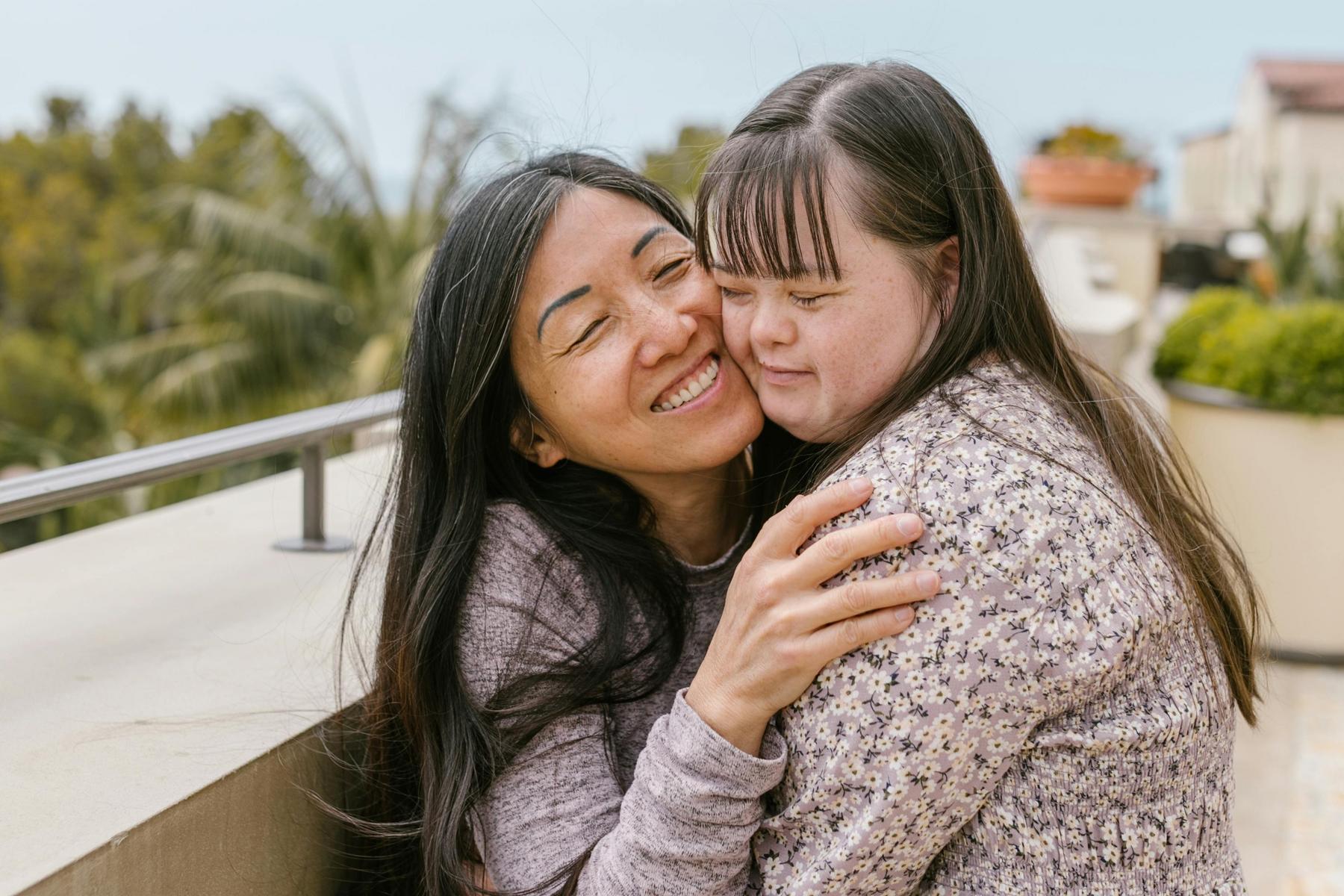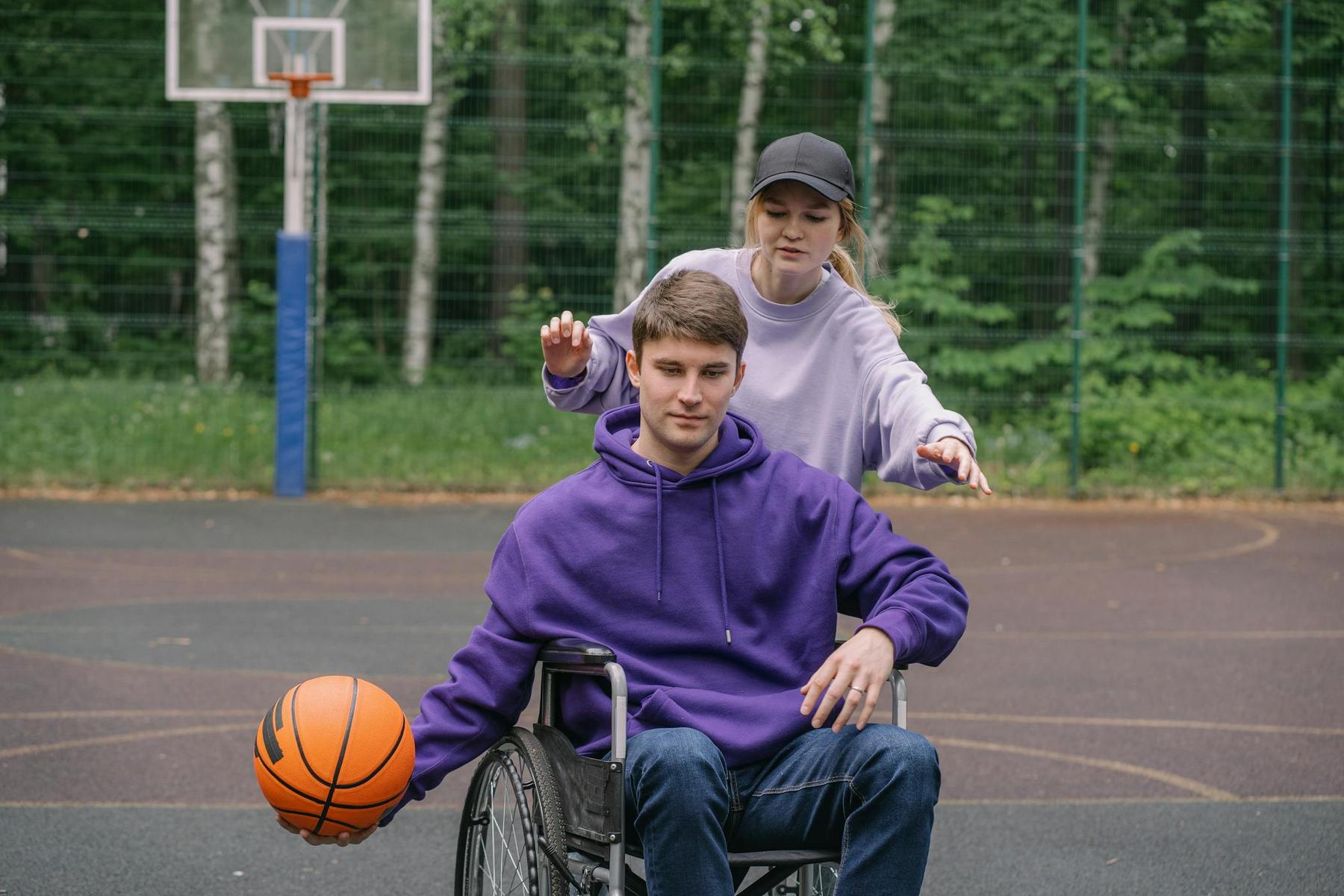When a child receives a childhood dementia diagnosis, families find themselves thrust into an overwhelming world of medical terminology, progressive symptoms, and an uncertain future. In Australia, approximately 2,300 children live with this devastating condition, which encompasses over 100 genetic disorders that cause cognitive decline, memory loss, and shortened life expectancy. For families in Cairns and Brisbane, navigating this journey whilst accessing appropriate support can feel insurmountable. However, NDIS support coordination emerges as a crucial lifeline, transforming the path from initial diagnosis through to daily care management.
What Does Childhood Dementia Mean for Australian Families?
Childhood dementia represents one of the most challenging conditions a family can face. Affecting one in every 2,900 Australian children, this neurological condition encompasses genetic disorders such as Sanfilippo syndrome, Niemann-Pick disease, and Batten disease. These conditions share a devastating trajectory: progressive cognitive decline, loss of motor skills, and a median age of death at just nine years.
The diagnostic journey itself presents significant challenges. Families often endure what medical professionals term a “diagnostic odyssey,” with symptoms frequently misattributed to developmental delays or autism spectrum disorders. The median age of diagnosis reaches four years, though genetic testing is often required for definitive clarity. During this period, families may feel isolated and confused, unsure of what support systems exist or how to access them.
Understanding the progressive nature of these conditions proves crucial for effective support coordination. Children typically lose all acquired skills over a 5-15 year period, with some experiencing gradual decline whilst others face rapid regression during critical developmental stages. This unpredictable progression creates unique challenges for NDIS planning, requiring coordinators who understand the complex, evolving needs of these families.
How Does NDIS Support Coordination Address Complex Care Needs?
NDIS support coordination serves as the bridge between theoretical funding and practical implementation for families managing childhood dementia. The scheme offers three coordination tiers: informing, connecting, and specialist coordination, with specialist coordination proving most critical for complex conditions like childhood dementia.
The multifaceted role of support coordinators becomes particularly evident when working with these families. They must coordinate care across multiple medical disciplines, including neurologists, occupational therapists, and palliative care providers. The progressive nature of childhood dementia demands rapid plan reviews to address sudden functional declines, such as when a child loses mobility and requires wheelchair accessibility modifications.
| Support Coordination Function | Standard Application | Childhood Dementia Specific Need |
|---|---|---|
| Plan Navigation | Explain funded supports and budget allocation | Interpret complex plans, identify service omissions like palliative care |
| Provider Matching | Link participants to therapeutic services | Connect families to specialists in rare genetic disorders |
| Budget Management | Monitor expenditures and service agreements | Allocate funds for adaptive equipment and seizure-resistant modifications |
| Advocacy | Represent participant needs during reviews | Secure mid-plan adjustments for unexpected care requirements |
| Crisis Support | Coordinate emergency responses | Manage hospital admissions and coordinate post-seizure care |
The emotional burden carried by families cannot be understated. Support coordinators provide crucial psychosocial support, helping families manage anticipatory grief whilst maintaining hope and dignity throughout their child’s journey. This emotional support extends beyond the child to encompass siblings, grandparents, and the wider family unit.
What Daily Care Challenges Do NDIS Support Coordinators Help Navigate?
Daily care for children with dementia presents unique challenges that evolve as the condition progresses. NDIS support coordination enables access to services across five critical domains, each requiring specialised understanding and careful implementation.
Therapeutic interventions form the foundation of daily care support. Occupational therapy focuses on adaptive strategies to help children retain motor skills for as long as possible, utilising modified utensils and assistive walking devices. Speech therapy becomes crucial as communication abilities decline, with coordinators facilitating access to eye-tracking technology and other communication aids for non-verbal children. Psychosocial support extends to the entire family, with counselling services helping siblings and parents cope with secondary trauma.
Environmental modifications represent another critical area where support coordination proves invaluable. Home modifications might include installing hoists for safe transfers or creating sensory-friendly spaces that reduce agitation and promote comfort. Assistive technology such as motion-sensor alarms for children prone to wandering or adjustable beds to prevent pressure sores requires careful selection and implementation.
Respite and daily living supports provide essential relief for exhausted families. In-home care assistants must receive training in seizure first aid and behavioural support strategies specific to childhood dementia. Community access coordination helps combat social isolation by connecting families with disability-friendly programs and peer support networks.
Perhaps most significantly, support coordinators help families navigate end-of-life care planning. Palliative care teams are often funded under Capacity Building or Health and Wellbeing budgets, with coordinators linking families to specialised paediatric hospice services and creating comprehensive comfort plans to manage pain and agitation during disease progression.
What Barriers Still Exist in NDIS Support for Childhood Dementia?
Despite the critical role of support coordination, families managing childhood dementia continue to face significant systemic barriers within the NDIS framework. Inconsistent plan provisions represent a major hurdle. NDIS planners may misunderstand the progressive nature of childhood dementia, funding insufficient short-term interventions rather than preparing for escalating long-term care needs. Physical symptoms such as rigidity in children with Sanfilippo syndrome may be dismissed as non-disability issues unless clearly documented by specialists, leading to gaps in essential support services.
The administrative burden placed on families proves overwhelming during an already challenging time. Plan reviews require families to repeatedly justify increased supports, preventing continuity of care when children’s needs change rapidly. Provider shortages, particularly in regional areas like Far North Queensland, force families to rely heavily on telehealth services, which many lack the technological resources or emotional capacity to manage effectively.
Age-based service gaps create additional complications. Support coordinators working with children under nine often focus on developmental goals rather than survival care, missing opportunities to implement comfort measures and family support strategies that become crucial as conditions progress.
How Can Families Maximise NDIS Support Coordination Benefits?
Successful navigation of NDIS support coordination for childhood dementia requires strategic preparation and ongoing advocacy. Families can take several proactive steps to ensure they receive optimal support throughout their journey.
Documentation proves absolutely crucial. Maintaining detailed records of all symptoms, functional changes, and care needs helps support coordinators build compelling cases for increased funding during plan reviews. Regular communication with the coordination team ensures they understand the child’s current capabilities and emerging challenges.
Building relationships with specialist providers creates a network of support that extends beyond formal NDIS services. Support coordinators can facilitate these connections, but families who actively engage with childhood dementia support groups and specialist medical teams often find additional resources and advocacy opportunities.
Understanding the three levels of support coordination helps families request appropriate services. Families dealing with childhood dementia should specifically request specialist support coordination, as the complexity of their needs requires coordinators with advanced training and experience in progressive conditions.
Preparation for plan reviews should begin months in advance, with families and coordinators collaborating to document changing needs and identify potential service gaps. This proactive approach helps prevent funding shortfalls that could compromise care quality during critical periods.
Moving Forward: Hope and Support in the Journey Ahead
The path from childhood dementia diagnosis to daily care management remains challenging, but NDIS support coordination provides essential scaffolding for families navigating this difficult journey. While systemic barriers persist, advocacy efforts continue to push for improved training protocols, accelerated plan reviews for progressive conditions, and automatic inclusion of palliative care services where appropriate.
Research and funding initiatives show promise for future breakthroughs in therapy development and caregiver resilience programs. Community integration efforts, such as awareness campaigns and peer support networks, help families feel less isolated whilst building a broader understanding of childhood dementia within society.
The specialised support coordination services available in Queensland, including those provided by dedicated disability management organisations, demonstrate how targeted expertise can transform outcomes for families. These professionals understand the unique progression patterns of childhood dementia and work tirelessly to ensure care plans evolve appropriately with changing needs.
For families beginning this journey, remember that you are not alone. Support coordination exists to bridge the gap between complex medical needs and practical daily care solutions. With the right coordinator, appropriate planning, and ongoing advocacy, families can focus their energy on creating meaningful moments and maintaining quality of life throughout their child’s journey.
What types of NDIS support coordination are available for childhood dementia?
Three levels exist: informing, connecting, and specialist support coordination. Families managing childhood dementia typically require specialist coordination due to the complex, progressive nature of these conditions and the need for multidisciplinary care coordination.
How often should NDIS plans be reviewed for children with progressive dementia?
While standard NDIS plans undergo annual reviews, children with childhood dementia often require six-monthly reviews or emergency plan adjustments to address rapid functional changes and evolving care needs.
Can NDIS support coordination help with end-of-life care planning?
Yes, specialist support coordinators can facilitate access to palliative care services through Capacity Building or Health and Wellbeing budget categories, connecting families with paediatric hospice services and comfort care planning.
What should families document to support their NDIS applications and reviews?
Maintain detailed records of functional changes, symptom progression, care requirements, and any safety incidents. Include specialist medical reports, therapy assessments, and documentation of family stress levels and support needs.
How can families in regional Queensland access specialist childhood dementia support coordination?
Many providers offer services across multiple locations, including Cairns and Brisbane, with some providing telehealth coordination options. Families should specifically request coordinators with experience in progressive neurological conditions and childhood dementia.



